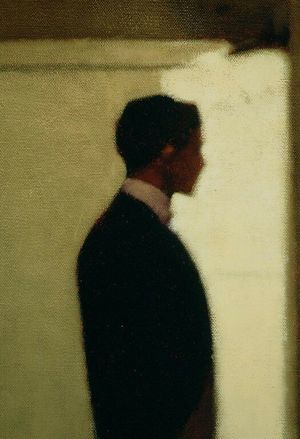Arthur Schopenhauer, the influential German philosopher, had distinctive views on education, which are scattered throughout his various writings. Schopenhauer’s perspective on education was critical of the academic systems of his time and emphasized the importance of self-education and the development of individual critical thinking skills.
1. Critique of Formal Education:
Schopenhauer was often critical of formal education systems, which he felt focused too much on rote memorization and the accumulation of facts rather than the development of independent thought and wisdom. He believed that traditional education often failed to cultivate genuine understanding and intellectual curiosity.
2. Emphasis on Self-Education:
Schopenhauer placed great value on self-education. He believed that true learning came from self-driven inquiry and the personal pursuit of knowledge, rather than merely accepting what was taught in schools or universities. According to Schopenhauer, self-education led to deeper understanding and personal growth.
3. The Role of Reading:
Schopenhauer was an advocate for extensive reading as a means of education. However, he cautioned against indiscriminate reading. He believed that choosing quality literature was crucial and that one should read with discernment. For Schopenhauer, the purpose of reading was not just to gather information but to stimulate deep reflection and critical thinking.
4. Development of Critical Thinking:
A key component of education, in Schopenhauer’s view, was the cultivation of critical thinking skills. He saw the ability to think independently, question assumptions, and analyze arguments as essential to true education.
5. The Importance of Philosophy:
Schopenhauer believed in the importance of studying philosophy as a means of understanding fundamental truths about the world and human existence. He saw philosophy as a discipline that encouraged questioning, deep contemplation, and a search for meaning.
6. Learning from Life Experiences:
In addition to formal studies and reading, Schopenhauer emphasized the value of learning from life experiences. He believed that personal experiences, including suffering and adversity, played a crucial role in shaping wisdom and understanding.
Conclusion:
Arthur Schopenhauer’s views on education reflect his broader philosophical perspectives, including his skepticism of established institutions and his emphasis on individual autonomy. While critical of formal educational systems, Schopenhauer championed self-directed learning, the cultivation of critical thinking, and the role of personal experience in gaining true wisdom. His approach to education encourages a lifelong pursuit of knowledge and understanding, grounded in self-reflection and intellectual independence.
